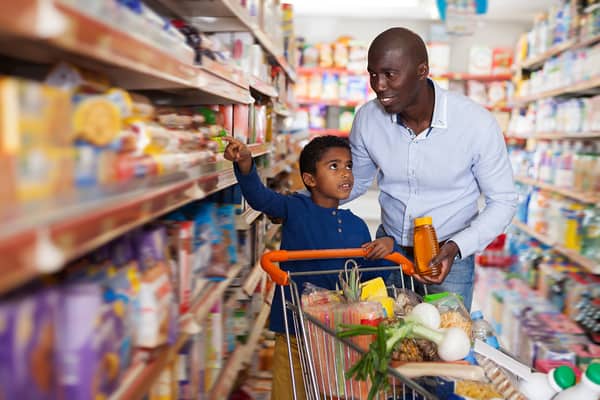Grocery retailers across Europe expect online sales to continue to slow over the next year, at a time when shoppers are feeling the pinch of rising prices, a new report suggests
The report, Navigating the Market Headwinds – the State of Grocery Retail 2022, from McKinsey and EuroCommerce, questions 60 European grocery chief executives and surveys more than 12,000 consumers in nine European countries, including the UK.
It finds that even before the war in Ukraine – which started after the research was complete – inflation was causing real challenges across the markets, with households looking for cheaper alternatives and promotions in the face of rising costs, including energy prices. Higher income consumers are able to keep buying healthy and sustainable goods, but lower income households have been trading down.
At the same time, the report suggests that shoppers are splitting their online purchases across an “increasingly fragmented online market”. Retailers are looking for new sources of profit in their businesses, whether through advanced analytics, artificial intelligence or new revenue streams. Some, for example, are using loyalty card data to sell advertising space. Meanwhile, shortages of skills and talent are presenting growing challenges to an industry that wants to transform itself, becoming both more digital and more sustainable.
The report suggests that more than 20% of retail sales will take place online by 2030, serving a market that is increasingly tailored to the needs of different groups of shoppers – and reasons for shopping.
By the end of 2021, the report finds, the top 15 grocers in Europe had opened more than 800 dark stores for fast and ultra fast delivery, while grocers also worked with fast delivery companies to extend their offerings beyond stores. Nonetheless, this market, the report suggests, is still “small lacks transparency and is unprofitable in most cases”. It puts the market at between €3bn and €6bn in 2021 – less than 1% of the market, but growing by at least 100% a year.
The report comes as grocers who saw online sales grow strongly during the pandemic have since started to see that growth slow. In the five largest markets – France, Germany, Italy, Spain and the UK – grocery sales growth was strong in the first quarter of 2021, before declining through the remainder of the year, as volumes fell, the report suggests.
In its State of Grocery CEO Survey, which questioned 57 grocery chief executives, 60% said they thought market conditions would be worse for grocery this year than last, as competition and price sensitivity rise while restaurants reopen.
Daniel Läubli, global head of grocery retail at McKinsey, says: “Having prospered through the pandemic, Europe’s grocers are facing a tough year ahead. Inflationary pressure, price sensitivity and increased competition are posed to reverse many of the positive trends they have experienced. On the other hand, these changes also offer opportunities for grocery retailers that take bold actions and keep investing in a great private label offering, online, new profit pools, healthy and sustainable products as well as people.”
Christel Delberghe, director general of EuroCommerce, says: “Retailers provide an essential service to consumers and can offer a strong basis for the European economy as Europe’s largest private employer. They are facing new challenges arising from increased competition and spiralling costs in many parts of their business: the energy they use to run their stores and logistics, suppliers seeking to pass on the rising cost of their inputs, and disruption in supply of certain products. Retailers will need to find the resources to invest and remain competitive in the digital, sustainability and skills transformation of their business models.”









